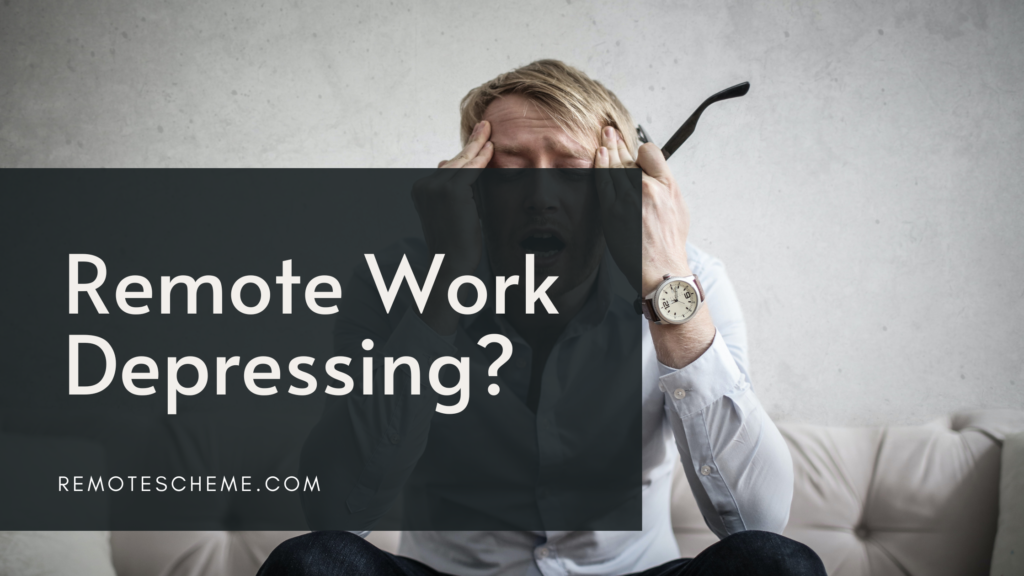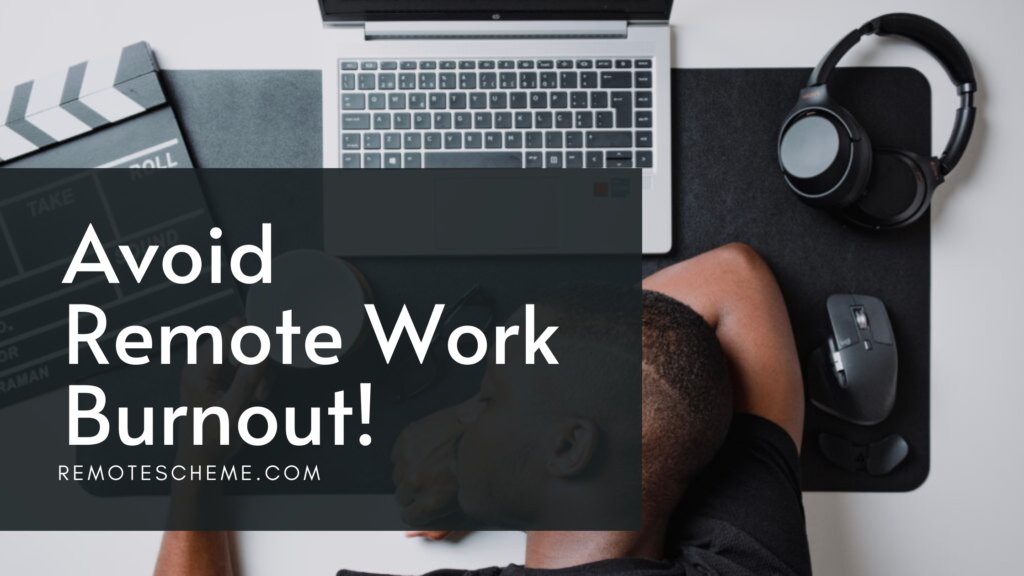With the advancement of technology and the changes in the modern workforce, remote work has become possible. But is remote work depressing?
Remote work can have both positive and negative impacts on mental health. Whether it’s considered depressing or not will depend on the individual.
Some people find that remote work leads to reduced stress and increased flexibility. Others, however, experience feelings of loneliness and isolation.
It’s crucial to keep a healthy work-life balance, stay connected with others, and focus on self-care.
Advantages Of Remote Work
The rise of remote work has brought numerous benefits, including:
#1. Increased Flexibility
Remote work offers the ability to work anywhere with an active internet connection and set your schedule. It also removes the time and cost of commuting.
#2. Improved Work-Life Balance
Achieving a healthy work-life balance is made possible through remote work. This gives a person the ability to attend to personal tasks during work hours.
#3. Increased Productivity
Remote workers can have a personalized workspace that suits their tastes. Additionally, there is less distraction that’s typically present in a traditional office setting.
Disadvantages Of Remote Work
Despite its many benefits, remote work also has its drawbacks, such as:
#1. Isolation And Loneliness
Working from home can result in a sense of isolation, especially for individuals who live alone.
#2. Difficulty Separating Work From Personal Life
In a remote work setting, it may be difficult to maintain a balanced work and personal life—as the lines between the two can become blurred.
#3. Difficulty Collaborating
It can be a challenge to collaborate and communicate effectively with colleagues in a remote work setting.
#4. Technical Difficulties
Remote work requires reliable technology and an internet connection. Having technical problems can be a hindrance in both work and communication.
Can Remote Work Cause Depression?
Yes, remote work can be a risk factor for depression. This is especially true for those with a lack of motivation or those who have trouble separating work from their personal life.
Is It Normal To Feel Lonely When Working From Home?
Yes, it’s normal to feel lonely when working remotely because there is less face-to-face interaction.
How Can I Prevent Burnout While Working Remotely?
It’s imperative to establish a healthy work-life balance by creating clear boundaries between work and personal life.
Remote workers should also prioritize self-care activities and maintain interactions virtually or in person. It’s also crucial to create an ergonomic workspace and to take multiple breaks throughout the workday.
What Can Remote Workers Do When They Feel Depressed?
Remote workers who are at risk of feeling depressed should seek help and support from friends and family.
They should also consider seeking professional help if needed. Additionally, remote workers can talk to their employers or human resources for support and counseling.
Conclusion
Remote work has become a popular option for many individuals. It has both positive and negative effects on mental health.
It offers benefits such as increased productivity and lesser commute time.
On the other hand, it has challenges, including decreased motivation and communication difficulties.
It’s ultimately crucial for individuals to build a good work and life balance, and to find a setup that works for them.




